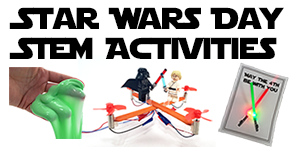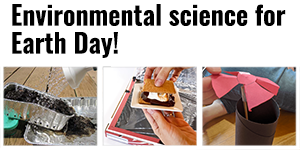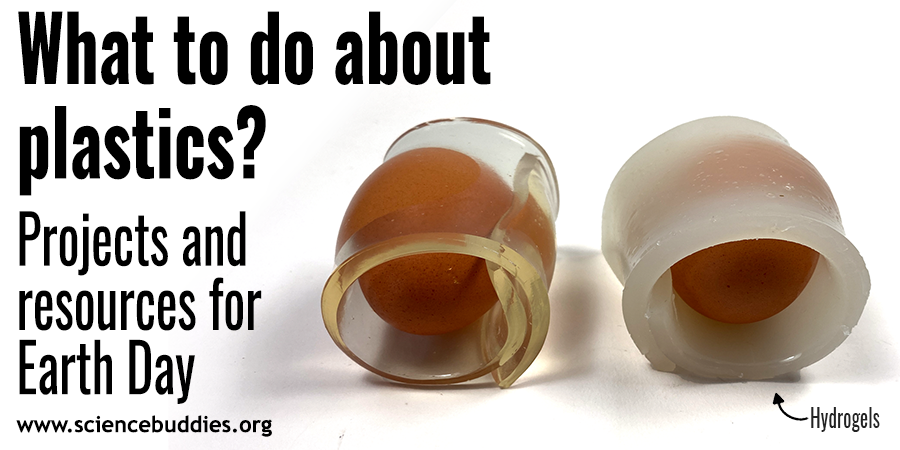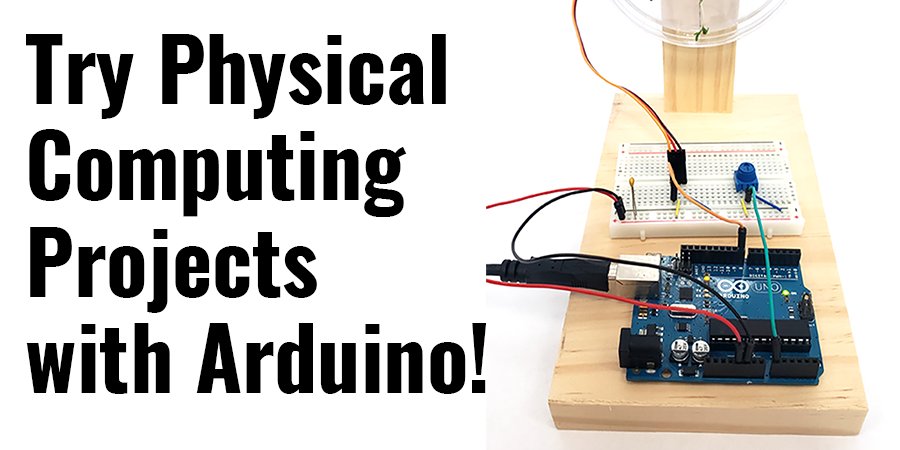Hypothesis Trouble: What to do when a science project fails
Students working on school science and science fair projects need to be reminded that it is okay for a hypothesis to turn out wrong. The learning that happens during the experiment, data collection, and analysis is important even when things turn out differently than expected. Plus, try these 5 steps to help troubleshoot a failed science project.
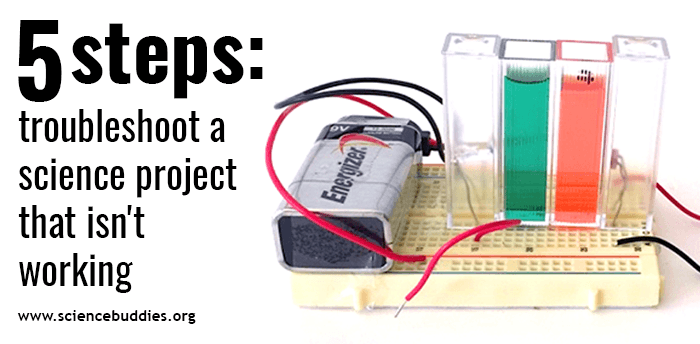
When your students start their science projects, the goal isn't simply to prove their hypothesis statements. Having selected a science question they want to test with an experiment or hands-on project, they should have formulated a hypothesis about what they think they will see happen when they do their experiments. Based on their background research, they expect to see something happen to the dependent variable when they make specific changes to the independent variable. (If they don't have this relationship between variables in mind, then they need to go back to the basics to identify the variables and write the hypothesis.)
Tip: The hypothesis statement summarizes what a student expects to happen when the independent variable is changed and provides an overview of the project. This doesn't mean that the hypothesis will be shown to be true, and a hypothesis that isn't proven to be true doesn't mean that the project isn't valid.
Whether there are problems with the experimental setup, errors in the procedure, or whether the hypothesis simply isn't correct, many students find that, in the end, their science project doesn't go the way they anticipate. If they already knew all the answers, then the science project might not be necessary (or complex enough) to begin with!
Teachers Set the Stage
It can be confusing and sometimes stressful for students to complete a science project or experiment and realize that things didn't turn out the way they expected. It is important for teachers to help students (and their parents) understand that not all hypothesis statements will be shown to be true and to reinforce the understanding that the goal of a student science project is not to simply prove a hypothesis. Without this reassurance from teachers, students often don't know what to do when the experiment doesn't go as planned.
In the face of a science project "that didn't work," it is important for students to carefully assess their projects to see if a problem in the design or execution of the project caused the outcome. Leaving time for science projects to be re-evaluated and, if necessary, experiments to be re-run, is important, and we encourage teachers to provide timelines that include periodic checkpoints to help students stay on track (and so that teachers may be able to see if something isn't going right early on). Good timelines also minimize the chances that students end up the night before the project is due with a science project that doesn't work.
Tip: Teachers can download a Science Fair Schedule Worksheet from the teacher resources page.
Did the Science Project Fail? Or was the Hypothesis Not Right?
The first thing to do when a science project doesn't show the type of results you expect is to determine whether something went wrong with the experiment (which is different than just not getting the expected results) or whether the hypothesis was really proven to be incorrect.
A problem with the science project setup or procedure might be obvious. If you were assembling a circuit, for example, and the LED doesn't light but you know it should, then there is probably something wrong with the circuit. But sometimes it is harder to tell if there was a problem with the setup or procedure or if things just didn't turn out the way you thought they would.
The steps below are designed to help students troubleshoot their science projects.
5 Troubleshooting Steps for When a Science Project Doesn't Work
- Review the materials. Make sure that the materials you used were correct for the procedure or experiment, that none of the materials were expired, and that you used the correct quantity of each material. Double-check those measurements and units!
- Review the steps of the procedure. Carefully go back through the steps of the procedure to make sure you didn't leave any steps out and did each step completely and as described.
- If your project involves electronics or robotics parts, it is especially important to go back and check the placement of every component or every part of a circuit.
- Review your variables. Look at what your variables are and how you were going to change the independent variable in the science project. Did you change it as planned? Review the steps you took. Did you change anything else that may have created an unexpected result?
- Review your data. You should have been collecting data during all of your experimental trials for your science project. Make sure that in analyzing your data, you didn't accidentally create an error. Doublecheck all calculations, and if you needed to do conversions to different units, carefully re-check those.
- Consider the source of the project. If you used a science project from Science Buddies, then you should expect that the experimental procedure will work if completed as written. (Note: This does not mean a student's hypothesis will be correct.) Science Buddies' projects are written and tested by scientists to help ensure they work well for student science projects. But if you found your project somewhere else online, it is possible that the project simply won't work as written. (There are many science projects shown online that are faulty, or, worse, are gimmicks.) If the science project is of your own design, it may be that there is a flaw in the experimental design, something overlooked or something you didn't anticipate. Talking about what happened with a teacher or with someone in the Ask an Expert forums may help you identify what went wrong.
If, after carefully reviewing the science project, you have reason to believe there was a problem (an error in the experiment or in the materials), you should redo your experiment if there is still time. If you are unable to pinpoint a problem with the science project, the data you gathered during your project is still valid, even if the project didn't turn out the way you expected.
To complete your science project, you will need to report on the data you gathered and what you observed. You will need to note that the data did not support your hypothesis, and in your conclusion and any forward-looking notes, you want to think about why that might be the case. Why didn't things turn out the way you expected? What new questions does that raise? And, more importantly, what did you learn?
Remember, in the end, you can learn a lot from a science project even if it doesn't turn out the way you thought it would!
Categories:
You Might Also Enjoy These Related Posts:
- Spring Science Projects: 26 Science Experiments for Spring
- 6 Picks for St. Patrick's Day STEM
- Why Do Science Projects: Elevate Your Science Classroom: Taking Independent Student Science Projects to the Next Level
- Free science project support in the Ask an Expert forums
- Ahead of the Curve: A Science Teacher's Guide to Proactive Science Project Planning
- 2024 Rubber Band Car Engineering Challenge—10 Steps to Success
- Why Integrate Science Projects in the Classroom—A Teacher's Perspective
- 10 Reasons to Do the Rubber Band Car Engineering Challenge



